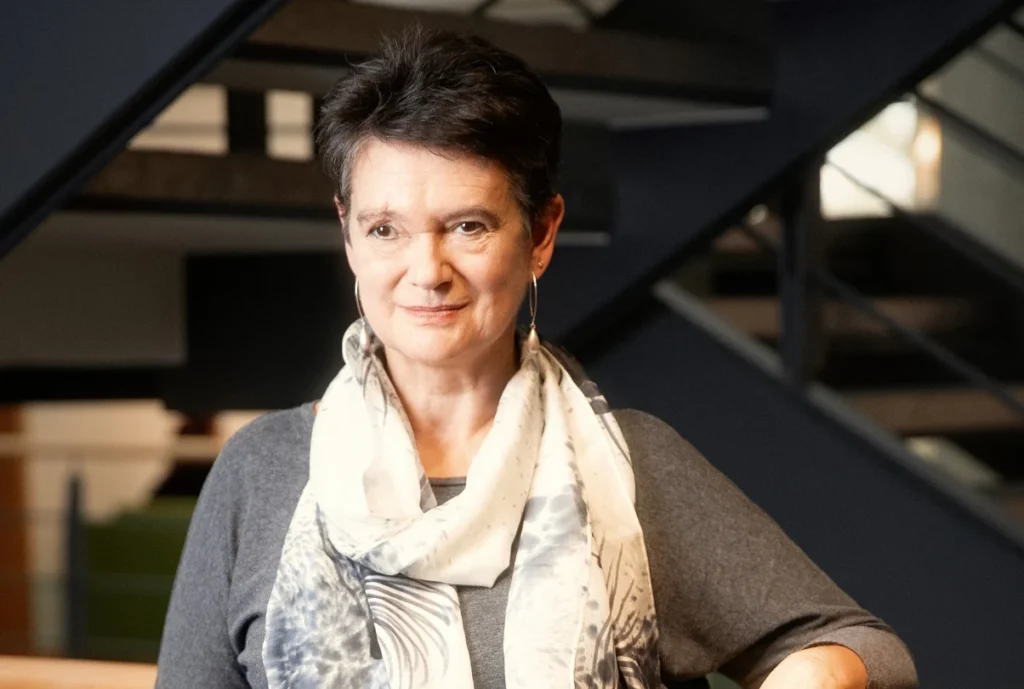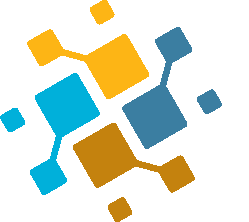Can we automate economic decision making? More importantly, should we?
On October 24, BESI welcomed British economist Diane Coyle for a talk on algorithmic decision-making in public policy. While AI cheerleaders trumpet the potential for AI-powered decision-making to usher in a new age of economic prosperity, Coyle cautions that data analytics can’t solve a fundamental problem of public policy — namely, that we can’t seem to agree what the measure of economic welfare should be.
“The way we have constructed how we think about the elements of the economy, the building blocks [don’t] correspond to the bundles of things that deliver economic value,” Coyle told the audience of economists, political scientists, and other social science researchers. “Statistics seem[s] really boring, but actually it’s really quite fundamental… We don’t know what the right measure is, and we don’t know what the right concept of economic growth is.”
Indeed, AI and data-driven decision-making could actually magnify this problem with economic analysis, leading to policies that are good for “growth” or “productivity” but bad for people.
“There are lots of areas now where this wedge between what’s good for the private sector and leaving it to markets is not good for social outcomes,” Coyle said. “We need to start thinking much more about that gap between the two sets of values [and] also about what kinds of institutions will deliver for society at the same time as incentivizing growth and innovation.”
Following her talk, Coyle was joined by panelists Brian Judge, policy follow at the Center for Human-Compatible AI at UC Berkeley, Mark Nitzberg, executive director of the Center for Human Compatible AI, and John Zysman, professor emeritus of political science at UC Berkeley, for a lively conversation on the topic of public policy and automation.
“What I hope we’ll get to in the discussion is that I get to pick your brains to help me narrow down some of these questions so that I can do the book after the next book,” Coyle quipped.
The event closed with a productive Q&A, during which Coyle and her fellow panelists consider various questions from audience participants.
About the Speaker

Professor Dame Diane Coyle is the Bennett Professor of Public Policy at the University of Cambridge. She co-directs the Bennett Institute, where she heads research under the themes of progress and productivity. Her latest book is “Cogs and Monsters: What Economics Is, and What It Should Be,” which explores the challenges for economics, particularly in the context of digital transformation. Her current research focuses on productivity and on economic measurement: What does it mean for economic policy to make the world “better” and how would we know if it succeeds?

